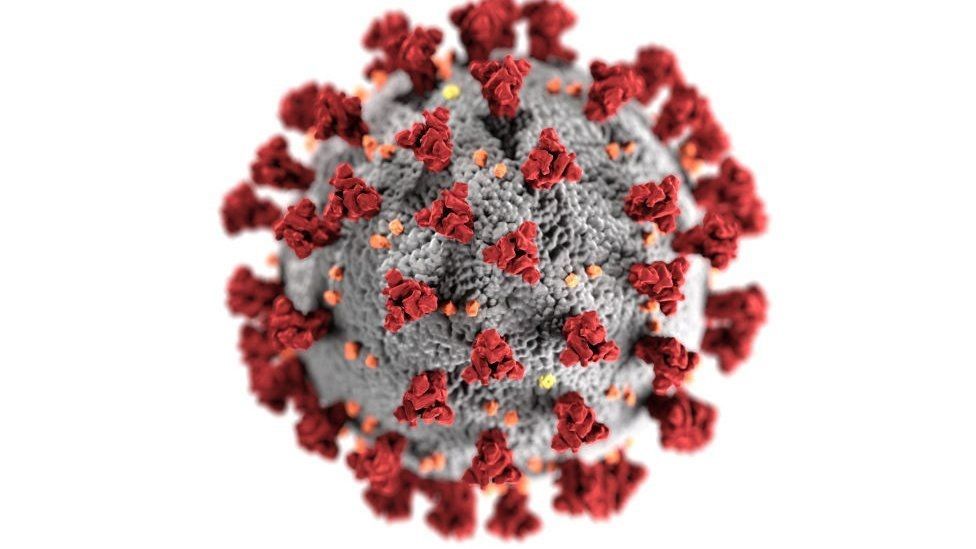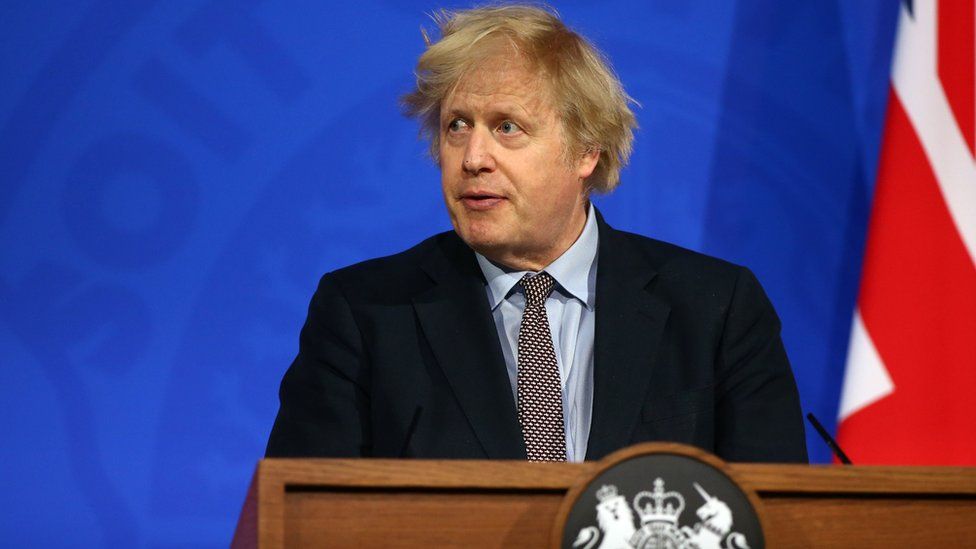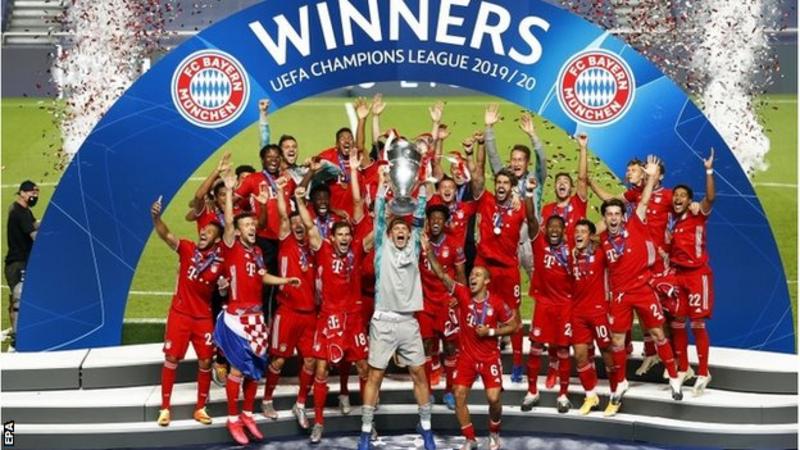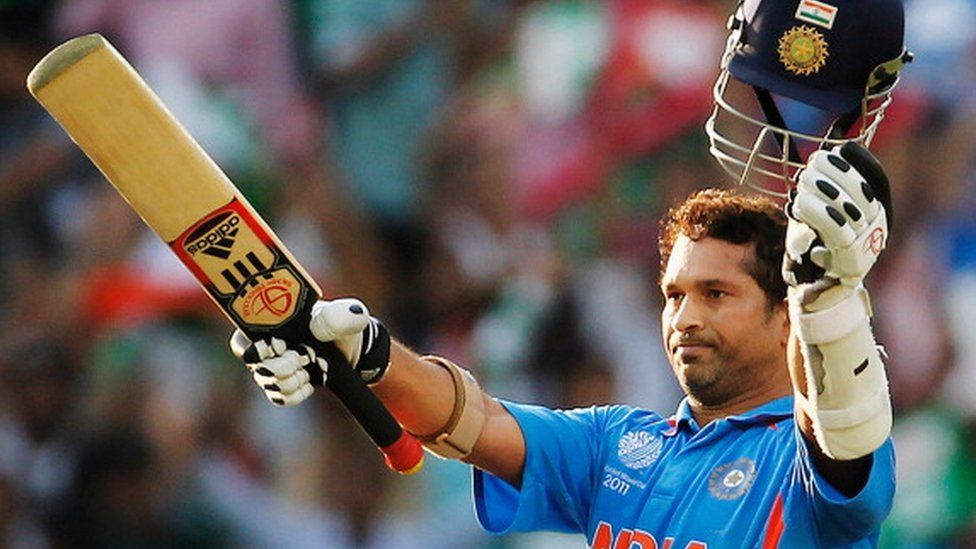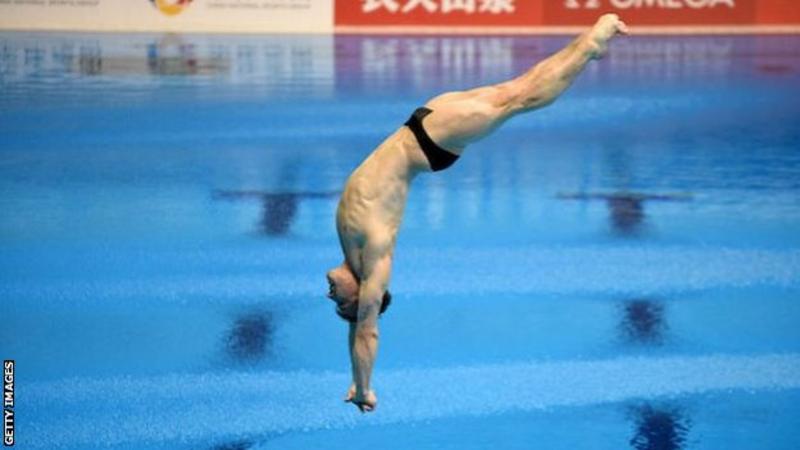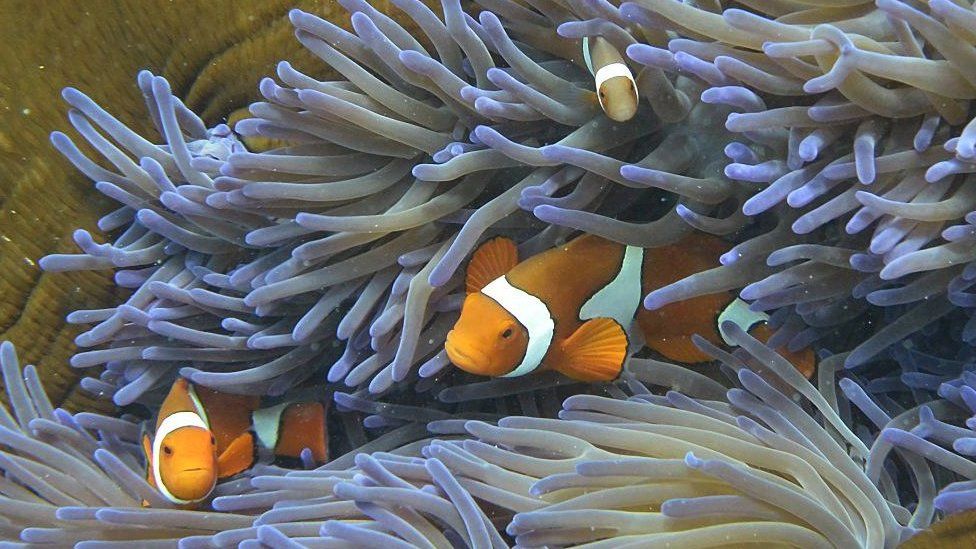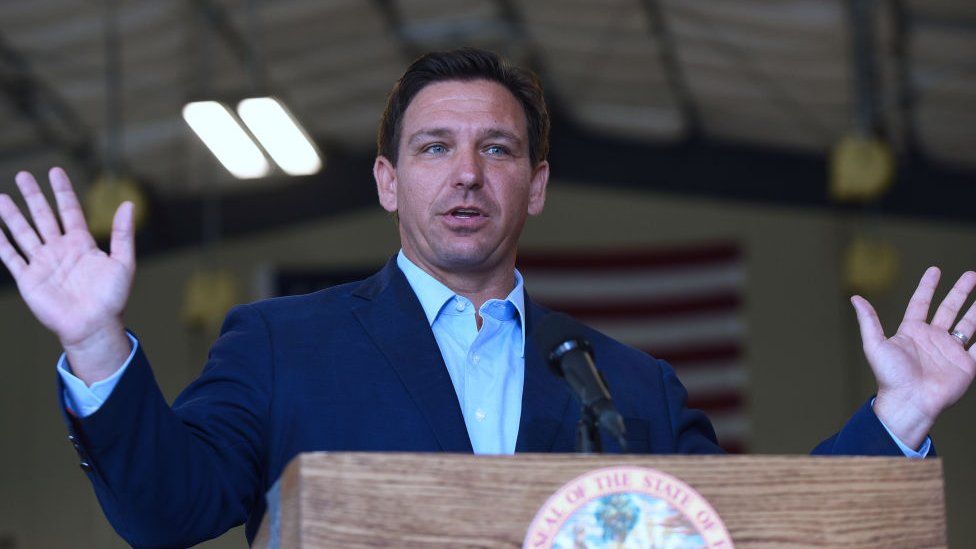German centre-left narrowly wins election

By Paul Kirby, Sept. 27: Germany's centre-left Social Democrats (SPD) have narrowly won the country's federal elections, beating the party of outgoing Chancellor Angela Merkel, according to preliminary results.
The SPD secured 25.7 per cent of the vote, while the ruling conservative CDU/CSU bloc gained 24.1 per cent. The Greens achieved the best result in their party's history, coming in third with 14.8 per cent of the ballot.
A coalition must now be created to form a government.
SPD leader Olaf Scholz earlier said his party had a clear mandate to rule, as his party started to edge into the lead.
Exit polls predicted a dead heat, but this election has been unpredictable from the start, and the result was never going to be the end of the story. For one thing, the outgoing chancellor is going nowhere until the coalition is formed - and that may have to wait until Christmas.
The successor's task is to lead Europe's foremost economy over the next four years, with climate change at the top of voters' agenda.
Scholz's SPD supporters greeted him in raptures, but it was only later when his party edged into the lead that he told a televised audience the voters had given him the job of forming a "good, pragmatic government for Germany".

His conservative rival hit back, arguing it was about forging a coalition, not about getting "an arithmetic majority". The winner doesn't take all, in other words.
"Two maybe-chancellors and two kingmakers" was one of the headlines summing up Sunday night's rather scrappy result, but that is what it looked like.
Because it's not just the Social Democrats and conservative leaders fighting for power. The two kingmakers are the Greens and the liberal, pro-business FDP, and they are open to offers.
Together the liberals and the Greens make up a quarter of the vote and could carry both of the big parties over the line.
They are more popular with voters under 30 than any of the main parties, but it would take some skill to bring them under the same roof.
Greens leader Annalena Baerbock wants to loosen Germany's debt break that stops a big jump in public debt. FDP leader Christian Lindner has little time for her party's "ideas of tax hikes, of softening the debt brake".
So of all the possible coalitions, the Greens and the liberals feature in the two that are most likely to form.
One is the so-called traffic-light coalition, made up of the parties' colours - red (SPD), yellow (FDP) and the Greens - or there's the Jamaica alternative, black (CDU), yellow (FDP) and the Greens.

It is the first time that Germany is facing a three-way coalition, but this country has entered a new political era and the talking is yet to begin.
Beyond the four mainstream parties, it was a bad night for the radical left and a patchy night for the far right.
Left-wing Die Linke fell below the 5 per cent threshold required to get into parliament but survived because it secured three direct mandates.
And although the far-right AfD's share of the vote appears to have slipped nationally, it's set to be the largest party in the eastern states of Saxony and Thuringia.
Recent News

Do not make expressions casting dout on election: EC
14 Apr, 2022
CM Bhatta says may New Year 2079 BS inspire positive thinking
14 Apr, 2022
Three new cases, 44 recoveries in 24 hours
14 Apr, 2022
689 climbers of 84 teams so far acquire permits for climbing various peaks this spring season
14 Apr, 2022
How the rising cost of living crisis is impacting Nepal
14 Apr, 2022
US military confirms an interstellar meteor collided with Earth
14 Apr, 2022
Valneva Covid vaccine approved for use in UK
14 Apr, 2022
Chair Prachanda highlights need of unity among Maoist, Communist forces
14 Apr, 2022
Ranbir Kapoor and Alia Bhatt: Bollywood toasts star couple on wedding
14 Apr, 2022
President Bhandari confers decorations (Photo Feature)
14 Apr, 2022


